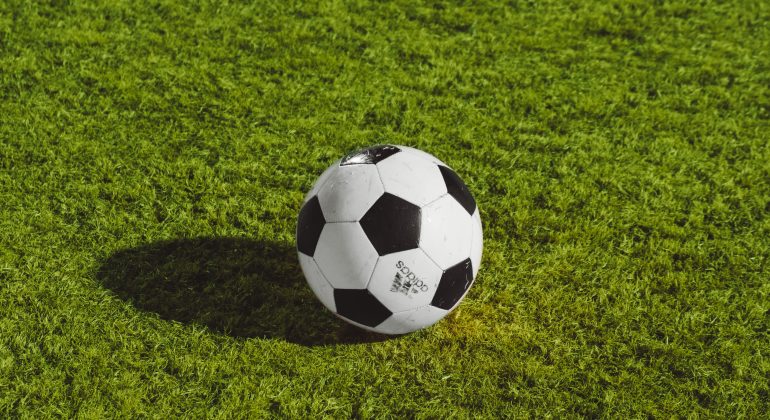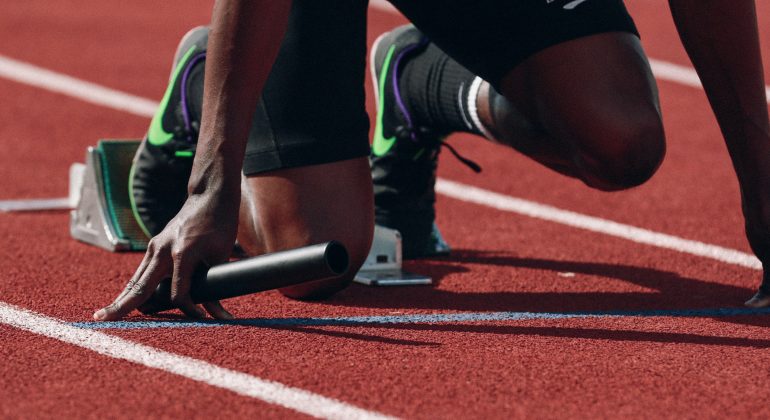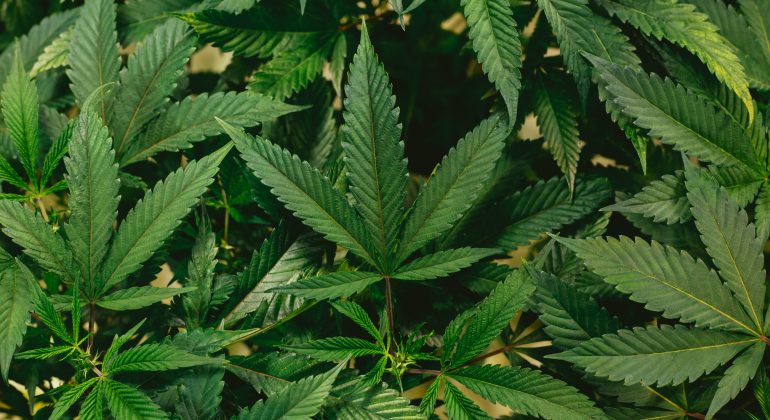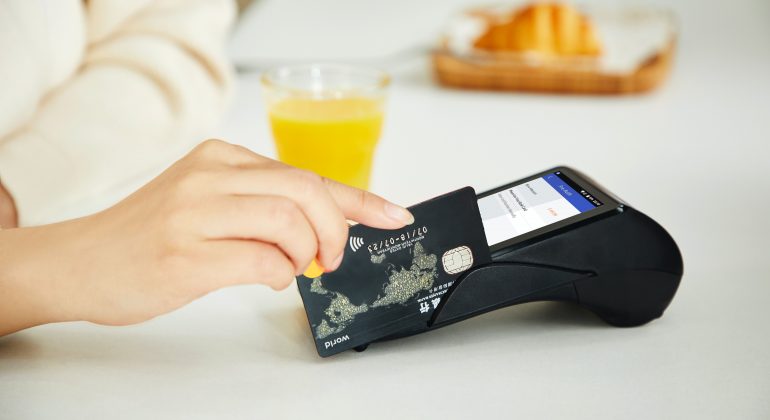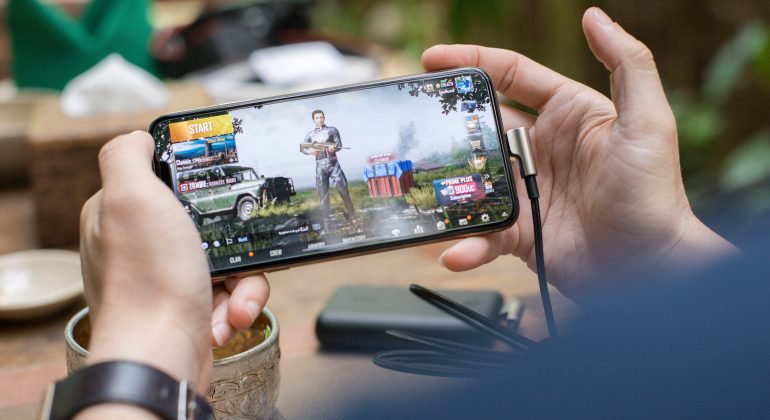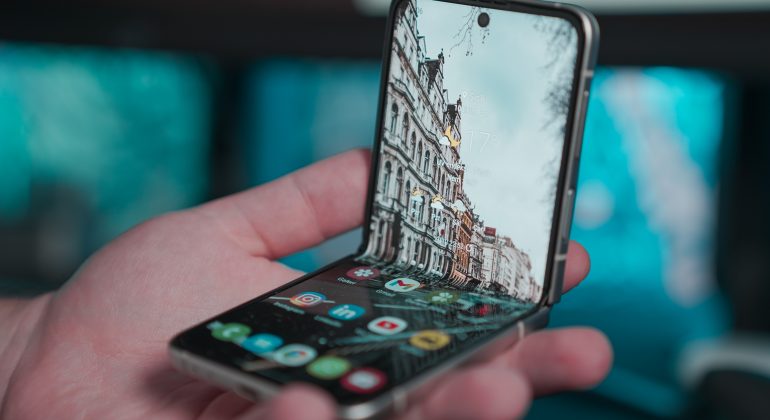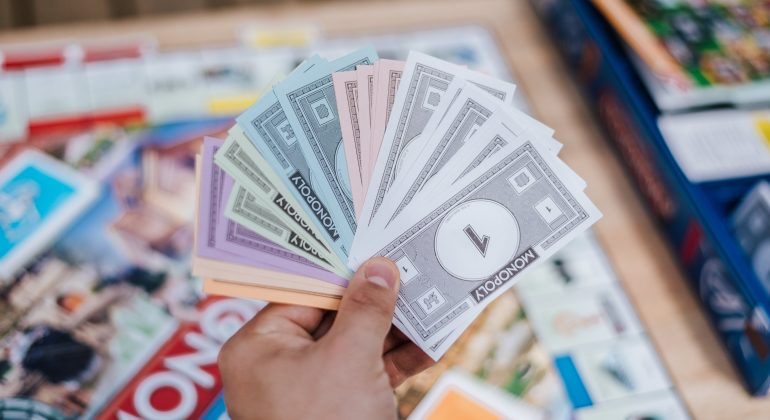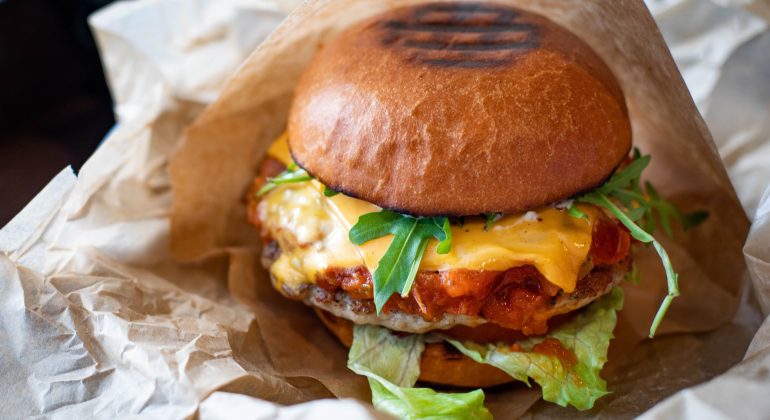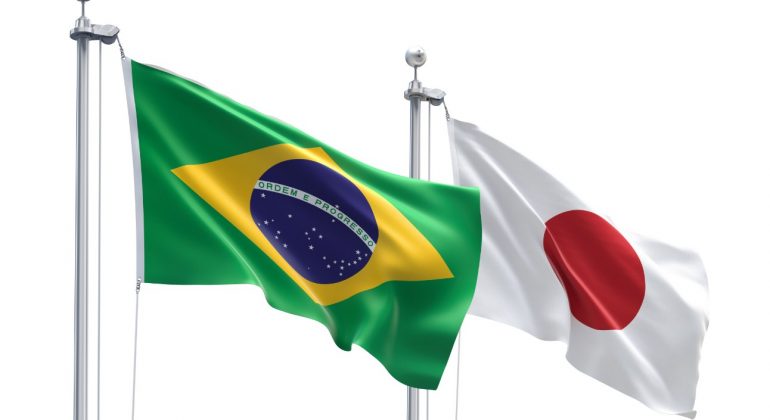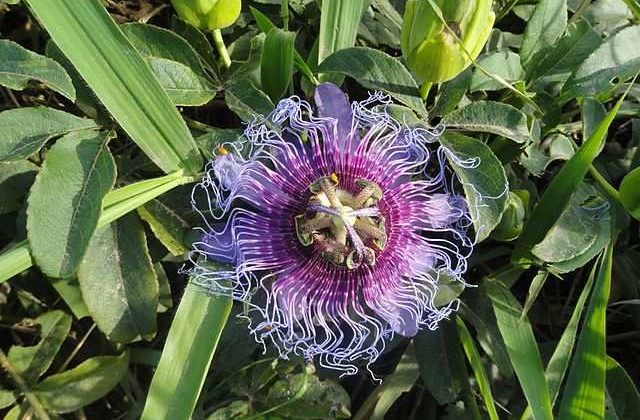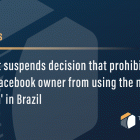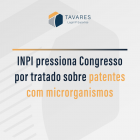In recent days, Mastercard filed in Brazil a trademark application, which quotes cryptocurrencies in the specification of services.
The company processes payments in various ways on its network and held recently a closed press event to discuss the relationship with cryptocurrencies.
Along with Visa, Mastercard is one of the main flagship companies in the financial market.
At the end of last October, it is worth reminding that the company drew worldwide attention by claiming that it would process Bitcoin in its global payments network, which could reach millions of businesses. For this reason, it has a partnership with Bakkt.
What does Mastercard’s trademark application in Brazil mention about cryptocurrencies?
Mastercard International Incorporated has applied for its trademark registration in Brazil. The application was filed on October 27, and the application was recently published for opposition purposes within a 60-day term. Anyway, what draws attention to the request is that the company is willing to use its trademark in the Brazilian cryptocurrency market.
Among the services that Mastercard could provide are payments in cryptocurrencies, exchange (negotiation, purchase, and sale), and also the provision of financial information to the sector.
“cryptocurrency payment processing services; cryptocurrency exchange services with blockchain technology; providing financial information in the area of cryptocurrency”.
It is worth reminding that Mastercard owns CipherTrace, a company that tracks cryptocurrencies, also acquired in 2021, which makes clear the giant’s plans for the sector.
In a recent conversation with the press, Walter Pimenta, Vice President of Mastercard in Latin America and the Caribbean, explained that the company already operates in the cryptocurrency sector in El Salvador, a country that made Bitcoin legal tender in recent months. In addition, he recalled that the company must support both cryptocurrencies, CBDCs, and private stable coins.
Mastercard movement happens days after Visa
It is worth reminding that Mastercard’s movement in Brazil is important to show that the company is already prepared to operate in the cryptocurrency sector, as well as its main competitor, Visa.
That’s because, on November 17, Visa also applied for registration to process cryptocurrency payments in the country, which is named as the largest Bitcoin market in Latin America.
In other words, the two main flags of the financial market arrive in the country, which may soon see solutions coming to trade, as is already done in other countries.
Source: LiveCoins

